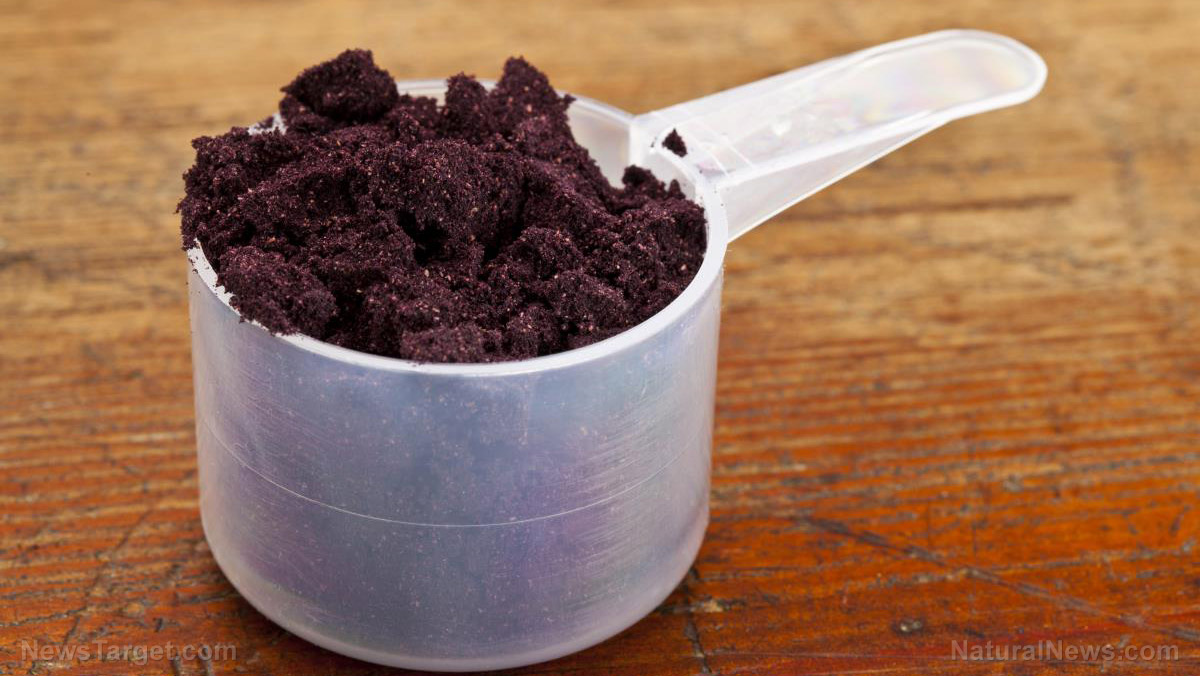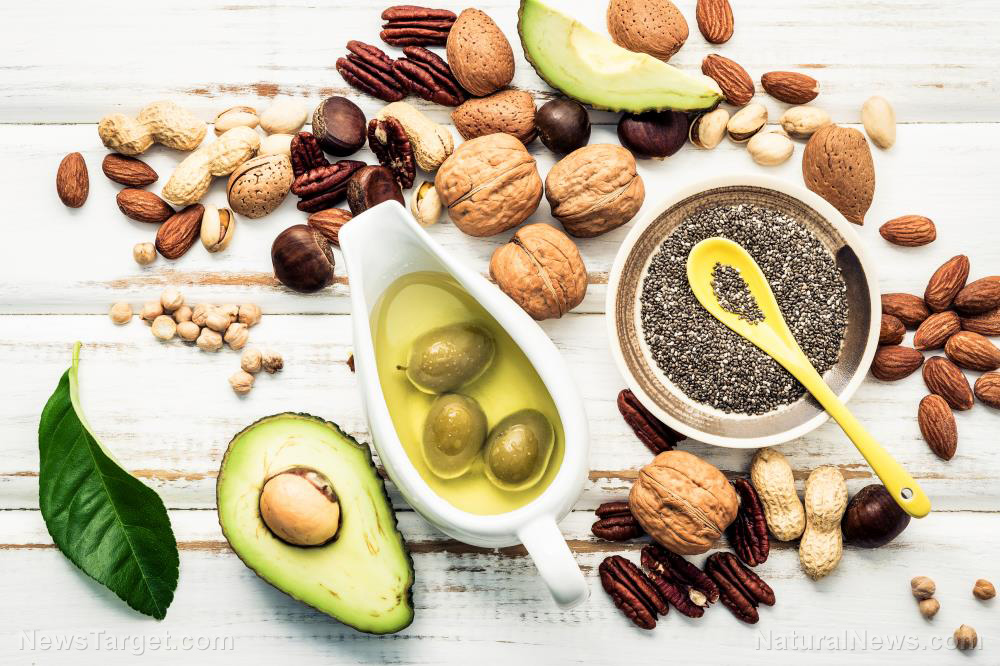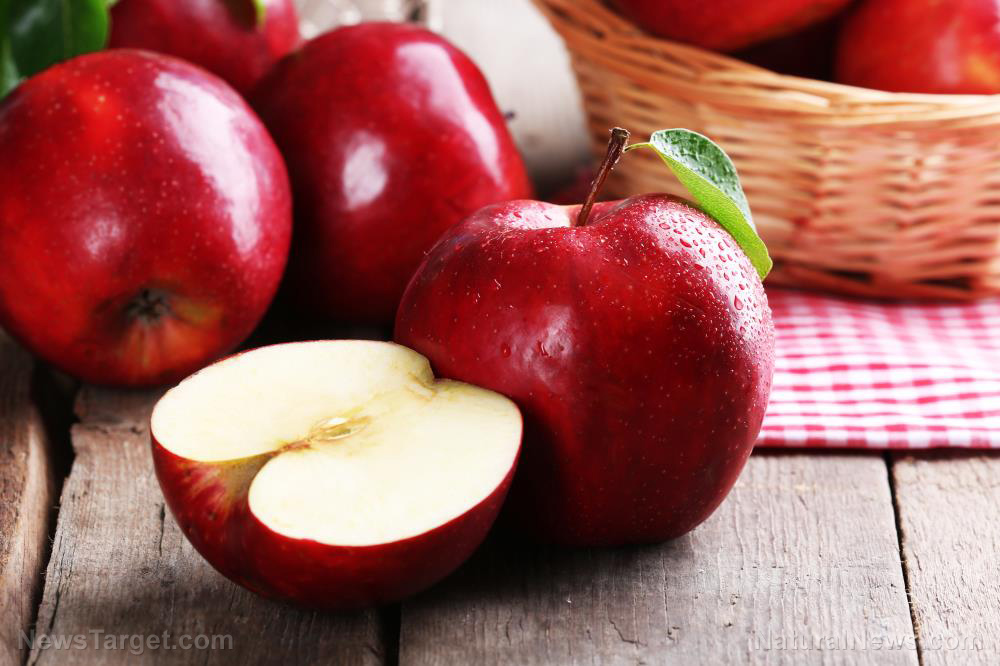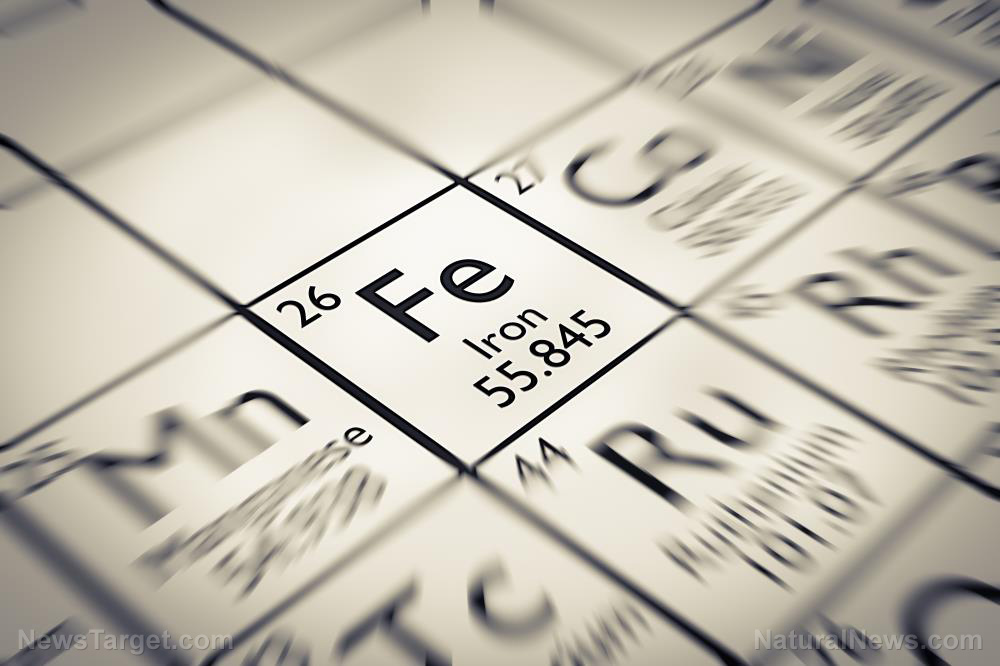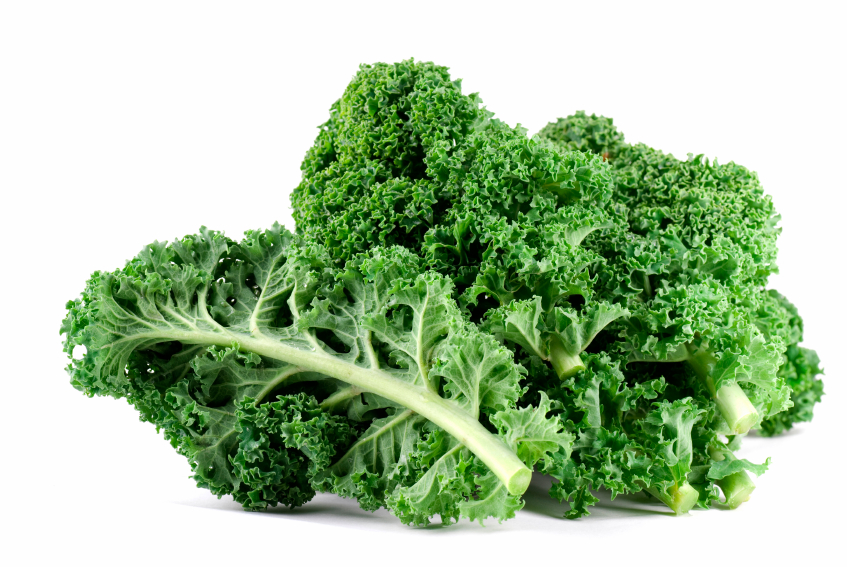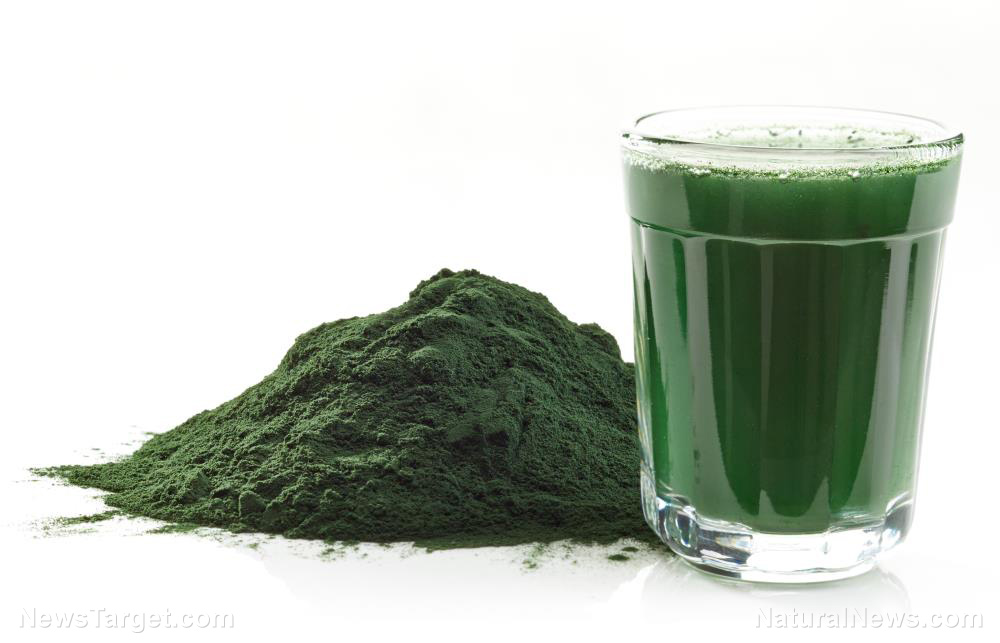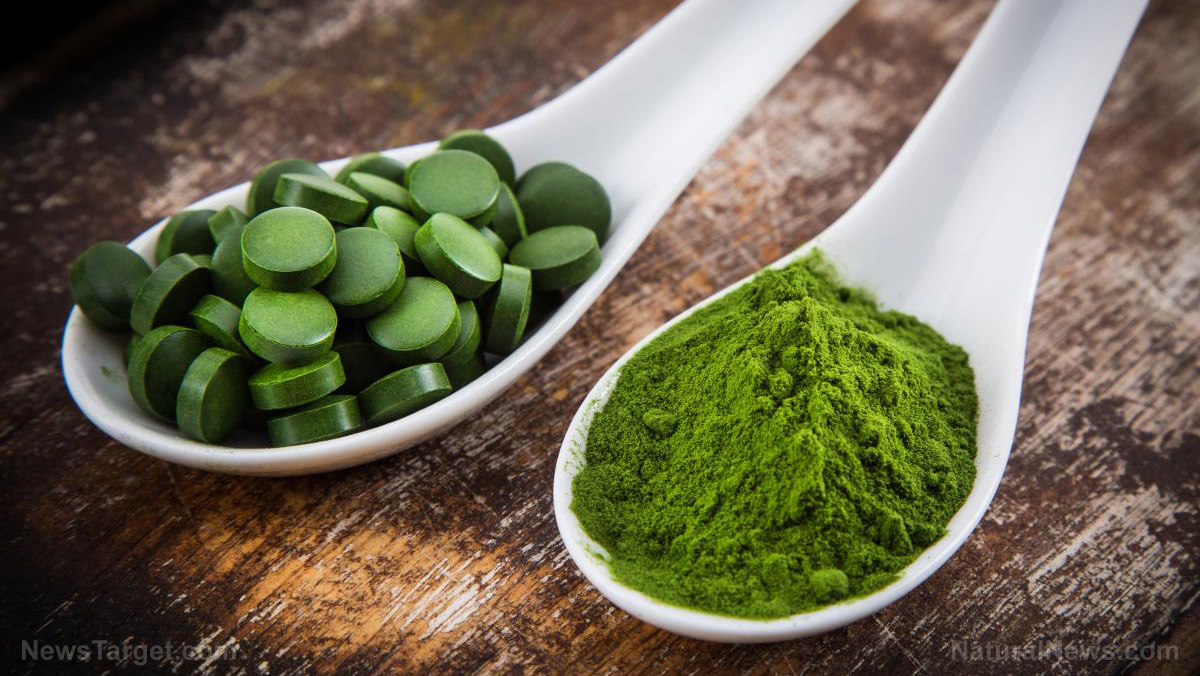Learn which foods and supplements can boost your memory
11/21/2018 / By Ellaine Castillo

The brain is one of the busiest organs in the body. It is crucial to processes like memory, learning, and concentration. As people get older, different brain functions — especially memory — tend to decline. However, there are also cases where younger individuals also become very forgetful. This could be a sign that the brain is not getting enough of the nutrients that it needs to function properly. Poor memory can easily be remedied by eating foods rich in vitamins that are crucial to the brain.
B-complex vitamins, especially B6, B12, and folic acid, are crucial for good memory. A study conducted by researchers from Oxford University showed that these nutrients improve brain functions and reduce brain shrinkage in regions that are most affected in patients with Alzheimer’s. Because of this, many scientists are hoping that B vitamins can be developed into an accessible treatment for this disease. Unfortunately, more than 40 percent of Americans are deficient in vitamin B12, which is the most important for brain function among all the B vitamins. People who suffer from this deficiency experience poor memory, focus, and concentration, as well as a lack of mental clarity. Vitamin B12 deficiency also hastens cognitive decline, which is associated with diseases like dementia, Parkinson’s and Alzheimer’s. Most B vitamins can be found in green leafy vegetables, legumes, fruits, potatoes, and peas. However, vitamin B12 can only be found in animal products like meat, fish, chicken, and dairy, which is why vegetarians are mostly deficient in this vitamin. It is also important to start eating foods these foods while you are young since the elderly have poor absorption of vitamin B12.
Many people take vitamin C for its benefits to the immune system, but not everyone knows that it’s also beneficial for memory. This nutrient prevents brain damage that could lead to dementia or Alzheimer’s by neutralizing reactive molecules and eliminating toxins from the brain. Smokers need more doses of this vitamin since they are exposed to harmful chemicals in cigarettes. The best food sources of vitamin C include cantaloupe, citrus fruits, berries, pineapple, peppers, tomatoes, potatoes, cruciferous vegetables, and green leafy vegetables. It is recommended to eat nine servings of these foods in a day or to take supplements to enjoy these benefits.
Another important nutrient for improving memory is vitamin D, also called the “sunshine vitamin.” Unfortunately, more than 77 percent of Americans suffer from vitamin D deficiency. This puts them at risk of diseases like dementia and Alzheimer’s. Although vitamin D is most commonly acquired through sun exposure, there are also some foods that contain it. These include cod liver oil, salmon, mackerel, tuna, sardines, and mushrooms. Fortified foods like milk also contain vitamin D but they are found in its poorly utilized form.
Most nutrients that are good for the heart are also good for the brain. One of these is vitamin E, which is commonly taken for cardiovascular health. This nutrient reduces the risk of Alzheimer’s and dementia by at least 60 percent and is even more beneficial when taken together with vitamin C. It also minimizes brain damage caused by a stroke that can lead to memory loss. To get the necessary amounts of vitamin E, it is important to add seeds, nuts, avocados, olive oil, shrimp, and green leafy vegetables to your diet.
Finally, vitamin K is one of the less familiar nutrients, but that doesn’t mean that it’s not important. Its primary role is for blood clotting, but studies have shown that it is also important for keeping the brain sharp as a person ages. Many patients who suffer from Alzheimer’s exhibit vitamin K deficiency, which highlights a potential role for it in preventing this disease. Most people have sufficient amounts of vitamin K except for those who take antibiotics and anti-cholesterol medications. Some foods that can provide you with the necessary levels of this nutrient include green leafy vegetables, broccoli, Brussels sprouts, asparagus, and fermented foods like sauerkraut and yogurt.
The next time that you forget something important, try eating more foods that are rich in these nutrients so you won’t have to worry about memory loss anymore. (Related: An evidence-based guide to brain foods that improve memory and focus.)
Sources include:
Tagged Under: B complex, brain foods, cognitive decline, folic acid, forgetfulness, memory, memory loss, nutrients, vitamin B12, vitamin B6, vitamin C, vitamin D, vitamin deficiency, vitamin E, Vitamin K, vitamins



